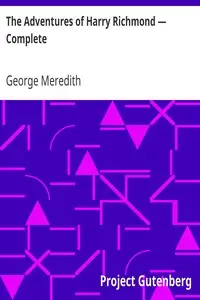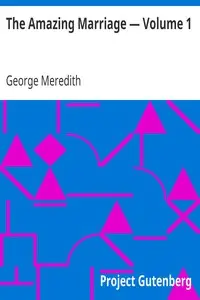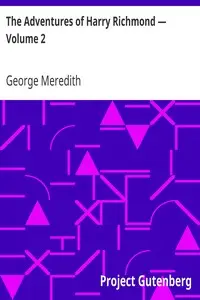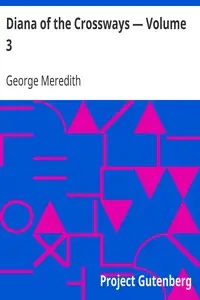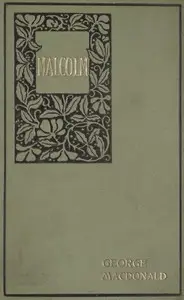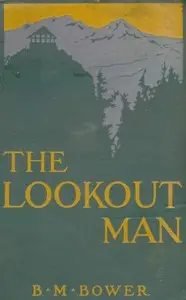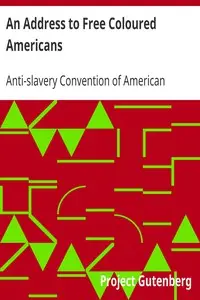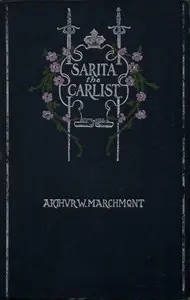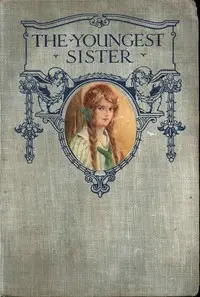"Evan Harrington — Volume 4" by George Meredith is a late 19th-century novel exploring tangled relationships, social expectations, and the search for identity. The story revolves around Evan Harrington as he attempts to find his place in society, alongside individuals like the Countess de Saldar, all while navigating romantic entanglements and social games. The narrative highlights themes of love, class distinctions, and personal ambition. The opening sets the stage with a letter revealing the Countess’ inner turmoil about society, family, and how she affects the people around her, including the drama from a recent horse race. As the characters deal with their own relationships, the narrative reflects on how their choices have consequences, especially for Evan, who is caught between social acceptance and the risk of being an outcast. The beginning of the volume lays the groundwork for future events shaped by the characters’ conflicting desires and struggles.

Evan Harrington — Volume 4
By George Meredith
Amidst romance and social clashes, a man seeks his place as a Countess grapples with secrets and a past horse race that just won't stay put.
Summary
About the AuthorGeorge Meredith was an English novelist and poet of the Victorian era. At first, his focus was poetry, influenced by John Keats among others, but Meredith gradually established a reputation as a novelist. The Ordeal of Richard Feverel (1859) briefly scandalised Victorian literary circles. Of his later novels, the most enduring is The Egoist (1879), though in his lifetime his greatest success was Diana of the Crossways (1885). His novels were innovative in their attention to characters' psychology, and also portrayed social change. His style, in both poetry and prose, was noted for its syntactic complexity; Oscar Wilde likened it to "chaos illumined by brilliant flashes of lightning". Meredith was an encourager of other novelists, as well as an influence on them; among those to benefit were Robert Louis Stevenson and George Gissing. Meredith was nominated for the Nobel Prize in Literature seven times.
George Meredith was an English novelist and poet of the Victorian era. At first, his focus was poetry, influenced by John Keats among others, but Meredith gradually established a reputation as a novelist. The Ordeal of Richard Feverel (1859) briefly scandalised Victorian literary circles. Of his later novels, the most enduring is The Egoist (1879), though in his lifetime his greatest success was Diana of the Crossways (1885). His novels were innovative in their attention to characters' psychology, and also portrayed social change. His style, in both poetry and prose, was noted for its syntactic complexity; Oscar Wilde likened it to "chaos illumined by brilliant flashes of lightning". Meredith was an encourager of other novelists, as well as an influence on them; among those to benefit were Robert Louis Stevenson and George Gissing. Meredith was nominated for the Nobel Prize in Literature seven times.








